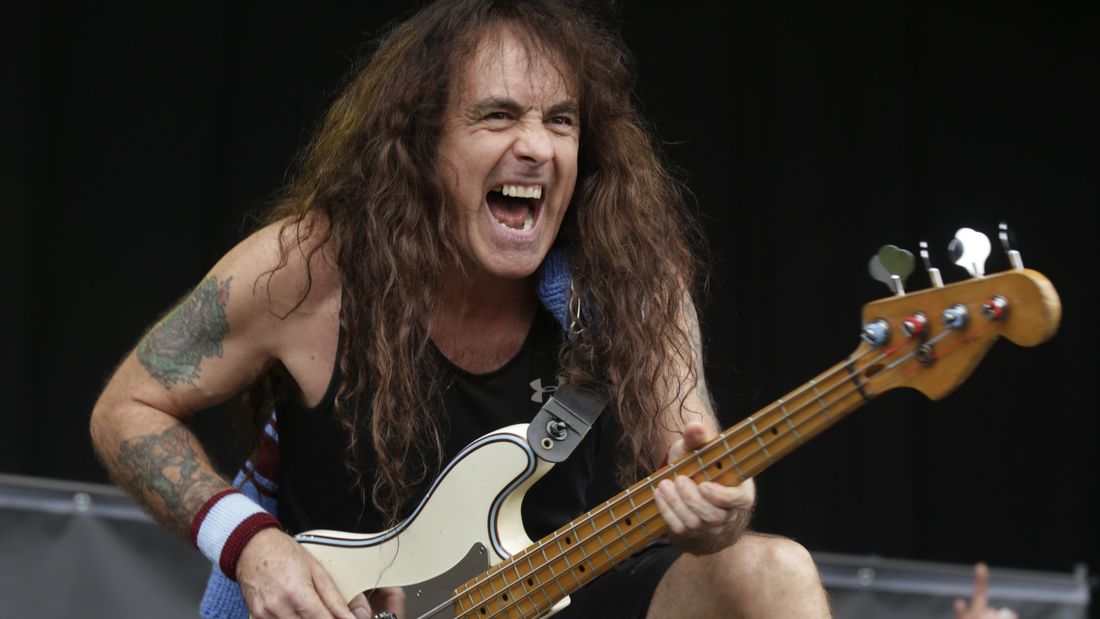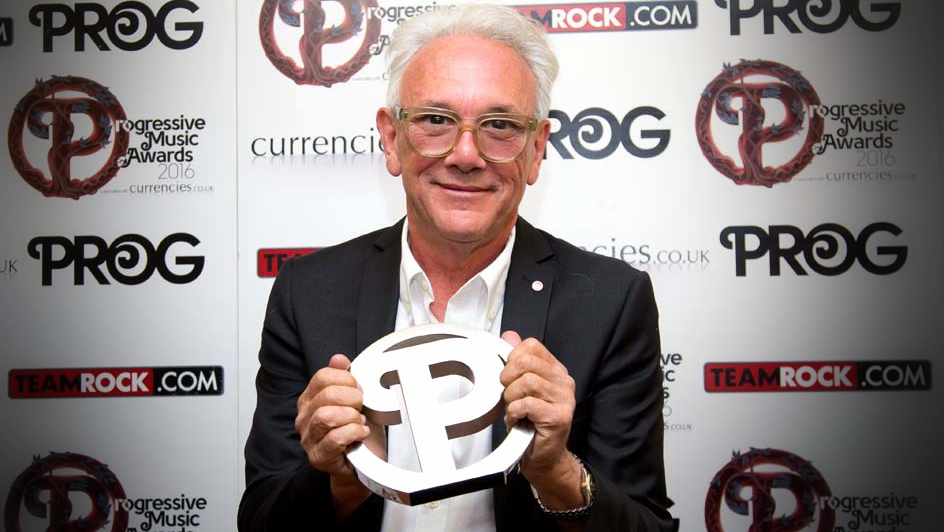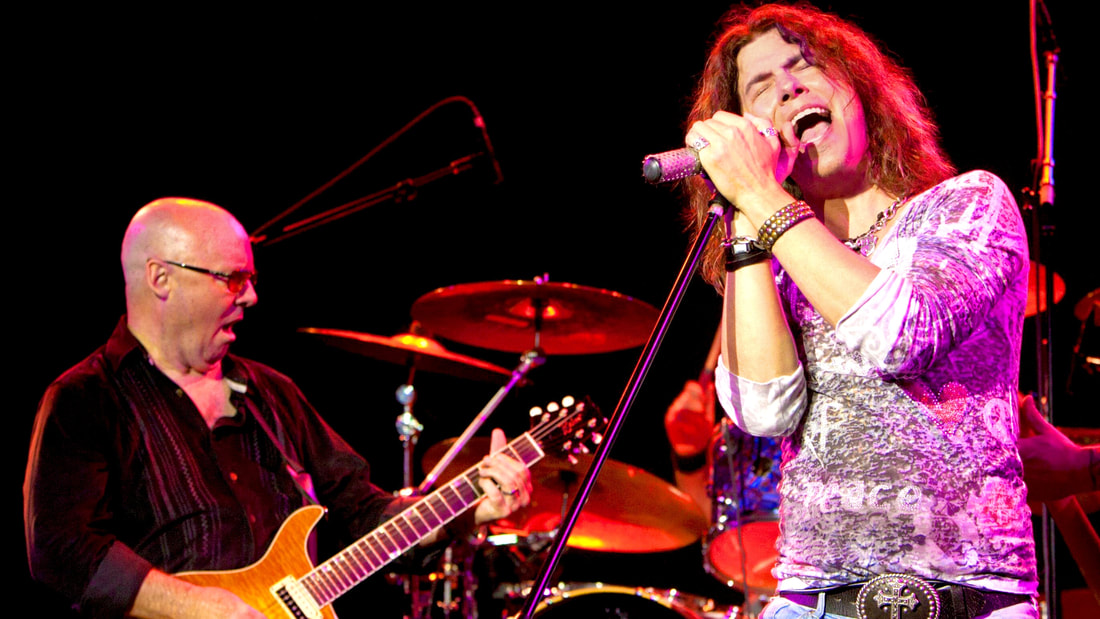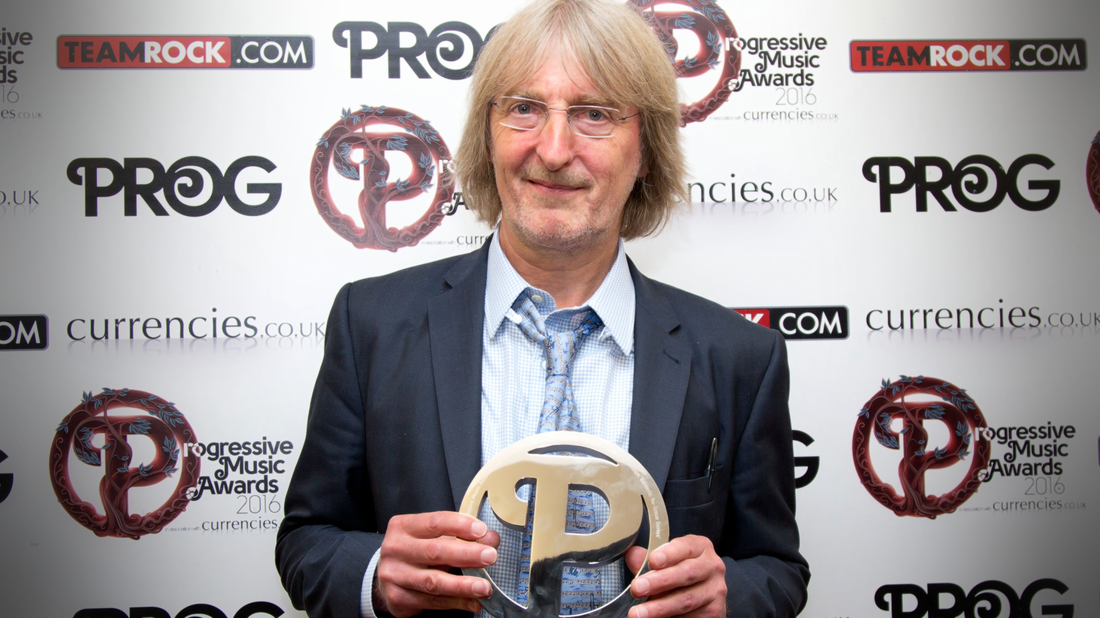The British roots of electronic music can be traced back to the late 1950s and early 1960s with the emergence of Daphne Oram and the BBC Radiophonic Workshop. Oram was one of the first British composers to create electronic sound, and she spearheaded the creation of the oramix technique, a process that involved drawing shapes on film to create sounds.
Meanwhile, the BBC Radiophonic Workshop, founded in 1958, became famous for its electronic versions of sound effects and new music for television and radio, most famously for creating the original Doctor Who theme.
Innovators of the 1970s
At the dawn of the 1970s, British bands such as Pink Floyd and progressive rock musicians began experimenting with synthesisers, pushing the boundaries of electronic sound. David Bowie's compositions, especially "Low" and "Heroes," incorporated electronic and ambient elements that influenced the evolution of the genre. Brian Eno, who was collaborating with Bowie at the time, also contributed significantly to his explorations of ambient music, shaping the texture and atmosphere of electronic soundscapes.
Synth-pop explosion
In the 1980s, the UK led the synth-pop revolution. Bands such as Depeche Mode and New Order used synthesisers and drum machines to create a new pop sound that was largely electronic yet widely accessible. This era marked the transition of electronic music from marginal to mainstream, with British synth-pop artists achieving global success.
The Rave and Acid House movement
In the late 1980s, Britain became home to the Second Summer of Love, a cultural phenomenon that witnessed the explosion of acid house and the rise of rave culture. Clubs such as The Haçienda in Manchester became synonymous with the movement. Famous British DJs and producers such as Paul Oakenfold and Carl Cox helped to develop the acid house scene and spread its influence internationally.
Revolutionising genres and innovation
British innovation in electronic music continued into the 1990s and beyond, with genres such as trip-hop and dubstep finding their origins in Britain's vibrant musical landscape. Cities across Britain - London, Bristol, Manchester - became hotbeds of innovation, where local scenes and subcultures spawned new styles and sounds.
The emergence of drum 'n' bass and jungle music
The early 90s saw the metamorphosis of breakbeat hardcore into two of Britain's most distinctively British genres: drum'n'bass and jungle. Manipulating breakbeats and heavy bass, figures such as Goldie, Ronnie Saiz and LTJ Bukem pushed boundaries and introduced new levels of musical complexity and production techniques. Roni Size & Reprazent's album New Forms, marked the artistic zenith and cross-genre appeal of the genre.
Trip-hop
Simultaneously in Bristol, a mixture of hip hop beats, electronic soundscapes and a more melodic approach to sampling gave birth to trip-hop. The bands Massive Attack and Portishead are prolific trip-hop collectives that not only defined the genre, but also contributed to alternative and electronic music as a broader canvas. The introspective and whimsical sound of trip-hop has influenced artists across genres.
Budgetary theories of dubstep
At the turn of the millennium, a new sound emerged on the club scenes of South London. Dubstep, characterised by sparse rhythms and deep basslines, began to rumble through the underground. Led by pioneering bands such as Burial, Skream and Benga, the influence of dubstep quickly spread beyond the UK and became a significant force in electronic music worldwide. The emphasis on bass pressure and space in the mix has forever changed the way electronic music is created and appreciated.
Promising media and technology
The UK is also a leader in combining technology with electronic music. The BBC's crucial role in promoting new electronic music through channels such as Radio 1, especially on nightly programmes from influential DJs such as John Peel and Pete Tong, has been crucial. In addition, UK music technology companies such as Allen & Heath and Focusrite have been instrumental in providing tools to help shape electronic music production and DJing.
Conclusion
The story of Britain and electronic music is one of creativity, innovation and continuous evolution. Driven by enthusiastic and pioneering artists, the UK has not only contributed to the development of the electronic genre in a multitude of ways, but has also played a crucial role in making it one of the most dynamic and globally influential forms of contemporary music.









